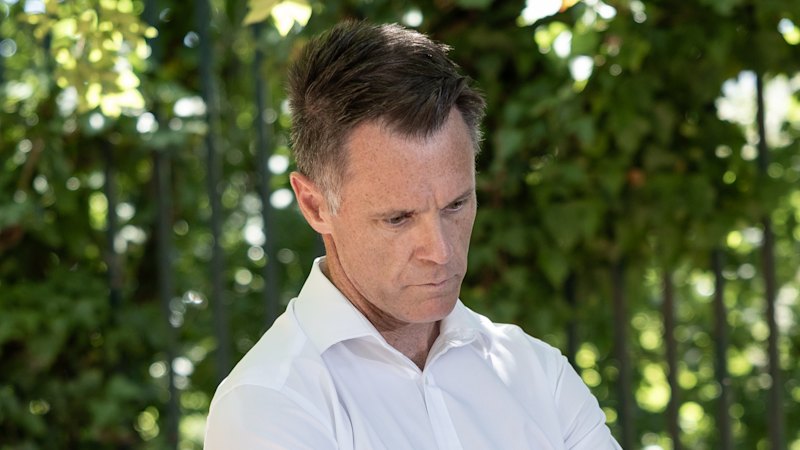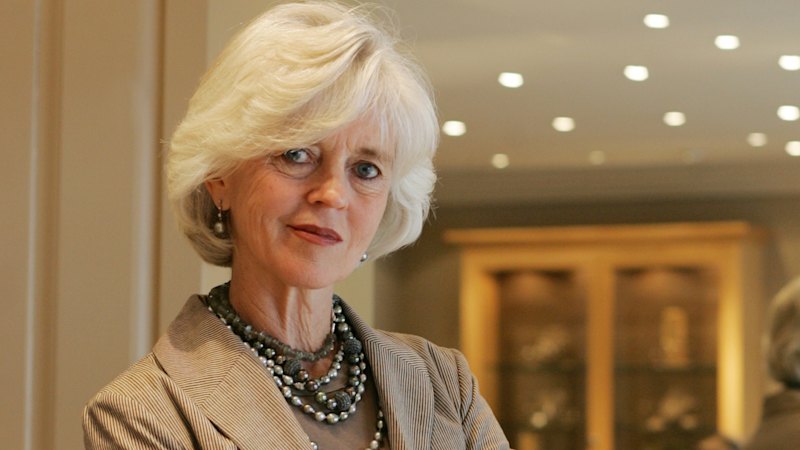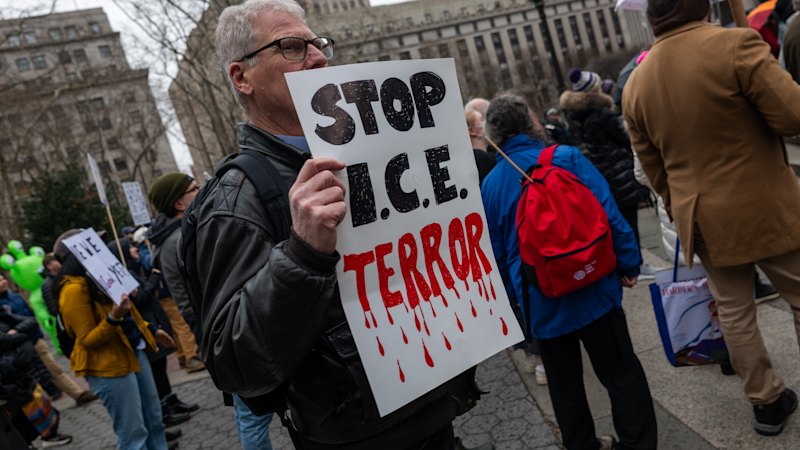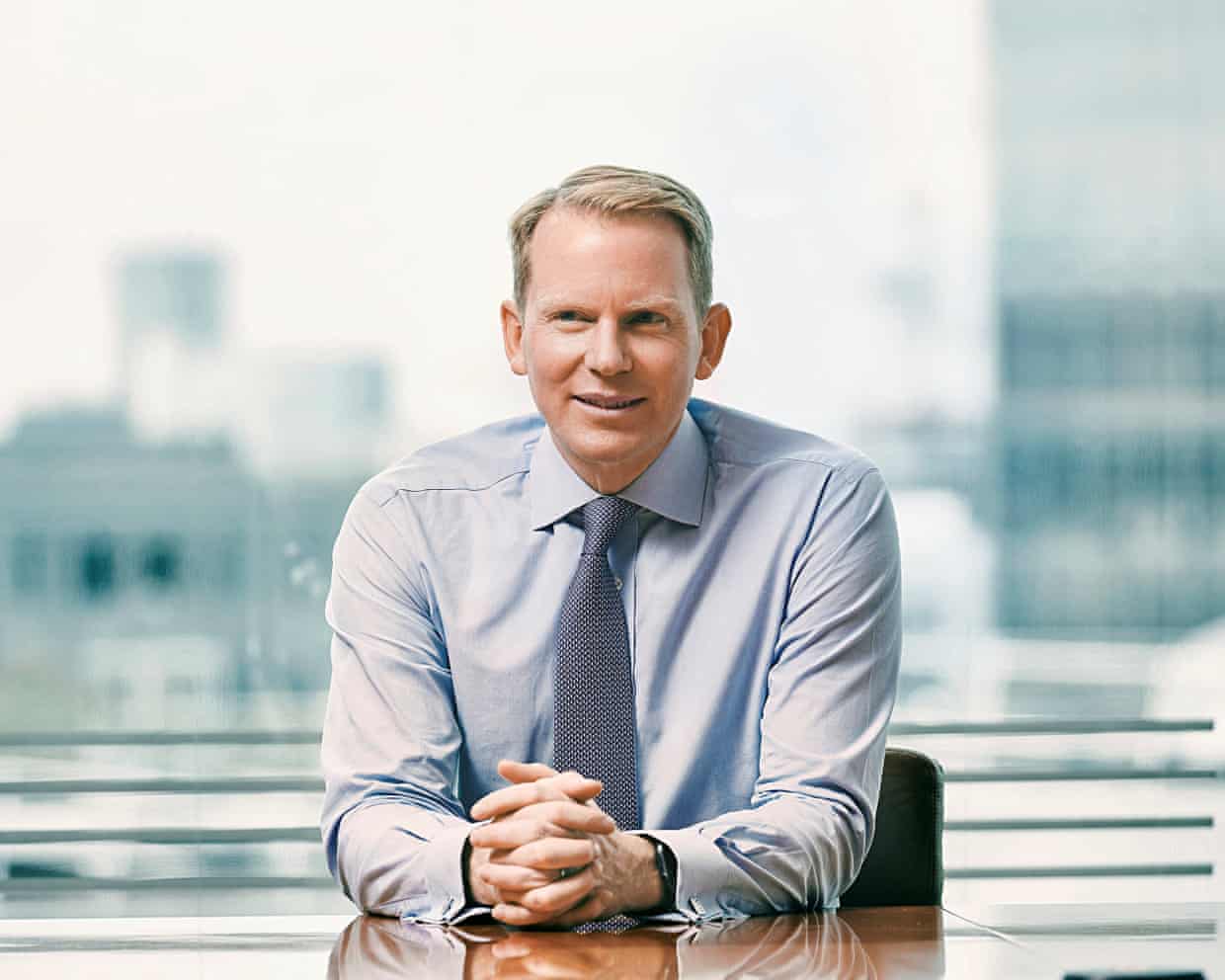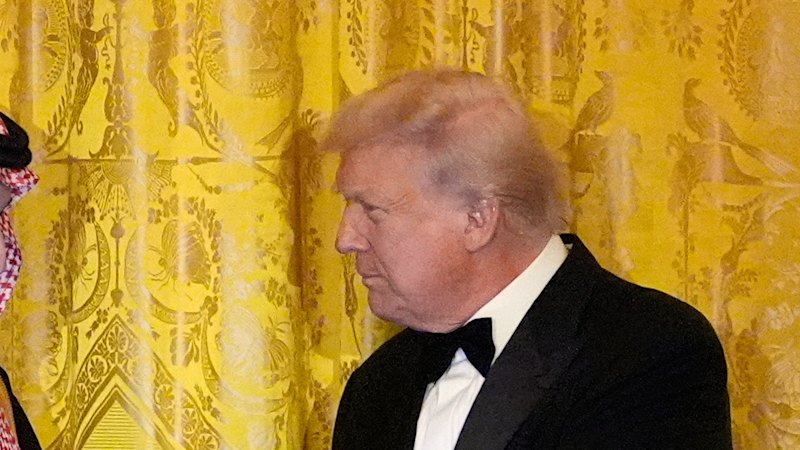
Donald Trump welcomed Saudi Crown Prince Mohammed bin Salman to the White House with an extravagant reception, despite the ongoing controversy surrounding the 2018 murder of journalist Jamal Khashoggi. This visit, which marked one of the most lavish receptions for a foreign leader during Trump’s presidency, underscored the former president’s tendency to prioritize financial relationships over moral considerations.
The formal dinner included high-profile guests such as soccer superstar Cristiano Ronaldo and billionaire entrepreneur Elon Musk. Trump extended a ceremonial welcome, complete with a luncheon and a farewell ceremony, reminiscent of a full state dinner. This was a stark contrast to how he has treated some political figures, including Ukrainian President Volodymyr Zelensky, who faced public humiliation during a previous meeting in the Oval Office.
During a press conference, Trump dismissed a question regarding Khashoggi’s assassination, stating, “Things happen,” and admonished the reporter for bringing up the topic. The CIA had previously concluded that bin Salman ordered Khashoggi’s killing, which took place in Turkey while he was a resident of the United States. Such remarks illustrate Trump’s prioritization of diplomatic relations with Saudi Arabia, particularly given the kingdom’s significant financial investments.
Trump’s interactions with the media have also drawn attention. Onboard Air Force One, he confronted Bloomberg reporter Catherine Lucey, telling her to “quiet, piggy” when she attempted to follow up on a question about Jeffrey Epstein. Such comments reflect a broader pattern of Trump’s disdain for journalists who challenge him, a sentiment that can embolden those who threaten press freedom.
The reception for bin Salman showcased how Trump’s approach to foreign leaders significantly varies based on their perceived value. As Ukraine transitions from being viewed as a financial burden to a customer of U.S. weapons through the European Union, relations have improved. In contrast, the oil-rich Saudi Arabia, which offers substantial economic benefits, received deference and respect.
The gathering also highlighted the disparity in Trump’s treatment of journalists. While some received harsh words, others, like Bret Baier of Fox News, were invited to the formal dinner. This uneven treatment reinforces the notion that in Trump’s orbit, financial contributions dictate respect and access.
In conclusion, Trump’s actions during the visit of Mohammed bin Salman reflect a broader strategy focused on transactional relationships. His comments about Khashoggi and confrontational remarks towards the press illustrate a troubling attitude towards accountability and media scrutiny. As the dynamics of international relations continue to evolve, the implications of such interactions will remain significant on the global stage.

